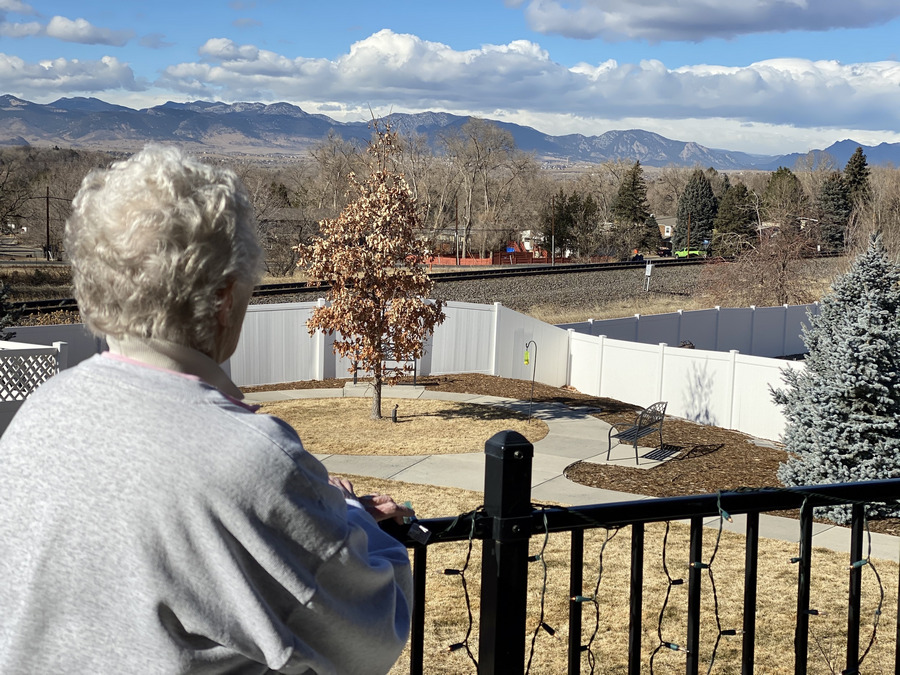Neologisms in Dementia – Understanding Language Changes and Challenges
What are neologisms in dementia? Neologisms are words people make up. These words may not be known or understood by others. In dementia, new words are essential. They show the challenges people with dementia have with thinking and speaking. This article looks at: What are neologisms in dementia What they mean for diagnosis and communication…






